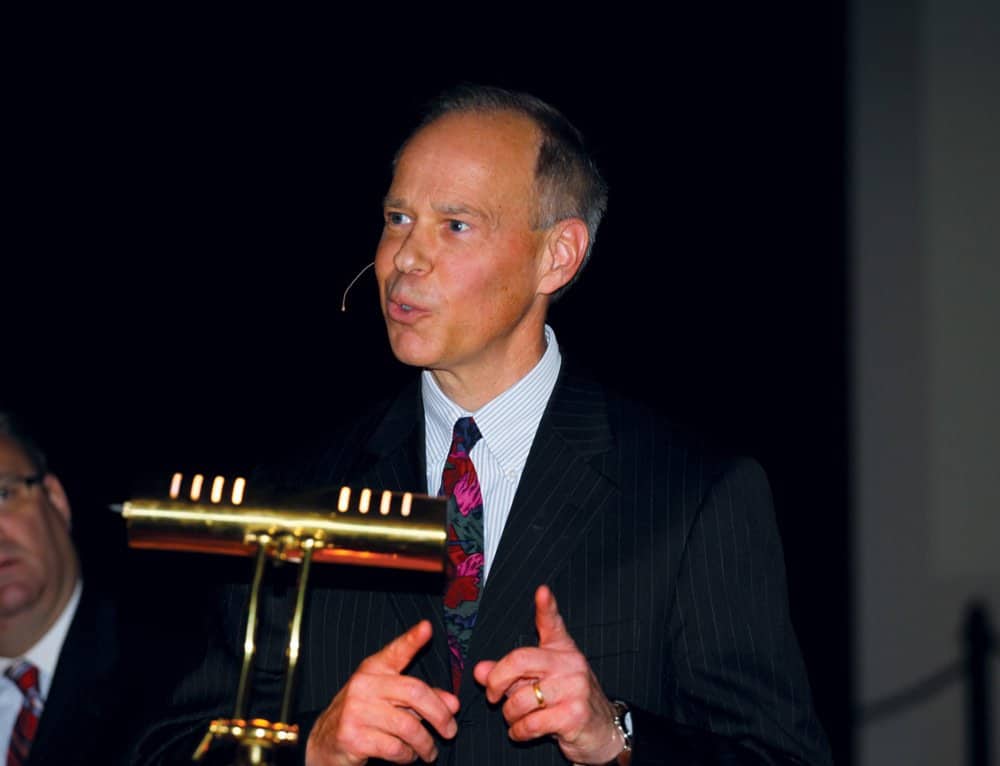HANNIBAL – When Rob Phillips searched the Internet for answers to the question, “What happens when I die?” he found more than 312 million responses.
“Your worldview drives your answers,” the Missouri Baptist Convention (MBC) communications director and North American Mission Board (NAMB) certified apologist said during the MBC’s Worldview Conference at Hannibal-LaGrange University, April 3.
After reading Luke 16:19-31, where a rich man and a poor man named Lazarus lived and died, Phillips shared four biblical keys regarding the afterlife.
“First, your position in life doesn’t determine your place of destiny,” Phillips said. “Jesus, in telling the story, didn’t mention any sin or crime of the man. The Pharisees who were listening must have felt an outward showing demonstrated an inner righteousness.
“Lazarus, a common name then that means ‘whom God saved,’ was abandoned, discarded at the rich man’s gates.” Lazarus was so hungry that he desired to eat the rich man’s table scraps, which were usually fed to feral dogs. And these dogs, by licking Lazarus’ wounds, showed “more compassion than the rich man.” Yet, the rich man was buried and suffered in everlasting fire, but Lazarus “was carried to Abraham.”
“Second, your existence continues after death,” Phillips said. The physical body ceases to live, but the soul and spirit continue to live. Each man attained his identity. The rich man knows who he is, where he is, and knows he won’t get out.
“Third, the eternal destiny is fixed at death,” he added. “They were separated by a gulf and neither could cross.” The rich man called to Abraham, asking that he send Lazarus to his brothers. In response, Abraham said that “the rich man’s family could learn from Moses and the prophets.” If they wouldn’t believe God’s Word, they wouldn’t believe even if the dead were raised.
“The Word of God is not enough for some people,” Phillips commented. “What other sign from God would it take to convince you?”
“Fourth, you choose where you spend eternity,” he said. When God sends people to hell, he simply confirms their choice of rejecting Him. ν

